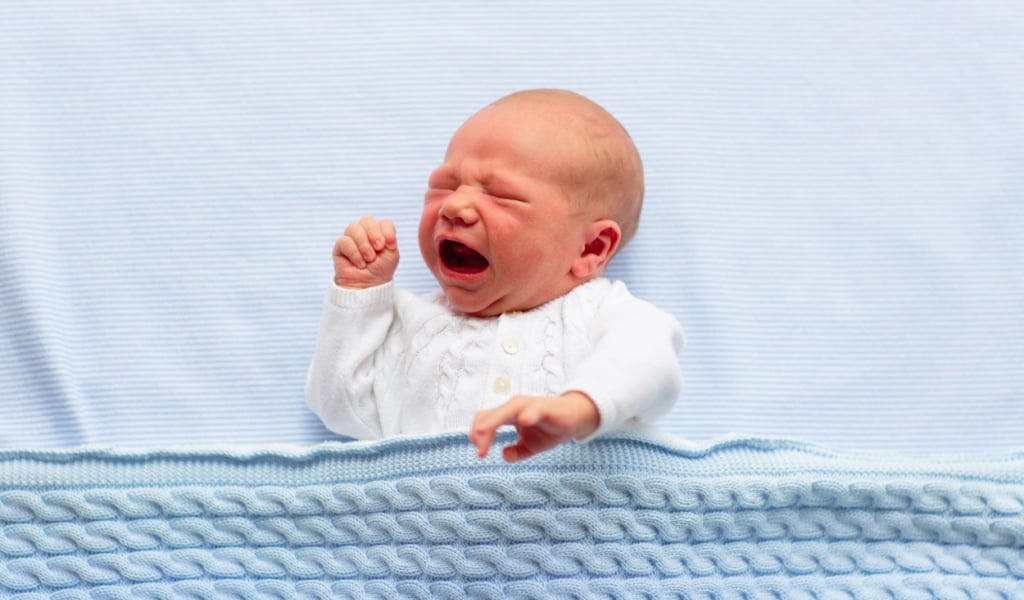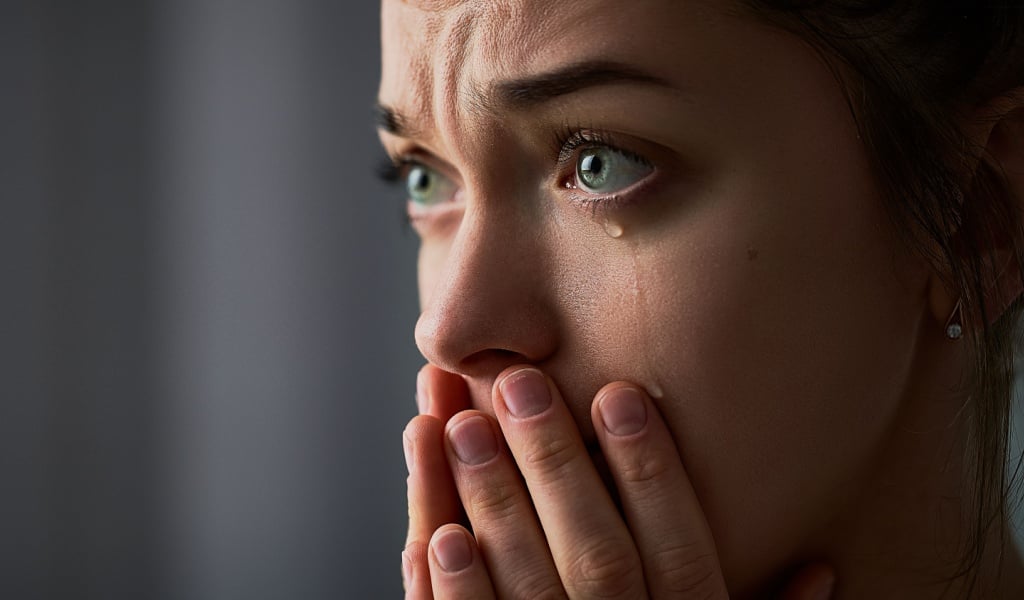Are you someone who cries very frequently? It could be shedding tears over a sad movie, crying during tragic events, weeping during weddings or special occasions, or experiencing something amazing. From expressing sorrow and showing empathy to feelings of joy and wonder, crying is an innately human experience.
Over the past couple of decades, scientists have uncovered some extraordinary theories about the function of crying in our lives. Of course, crying excessively can point to depression, but in general, crying is a way of coping with emotional overwhelm. It also allows us to connect with one another, draw support, and create a safe space for expressing emotions. It can support the mind and body by restoring emotional balance, dulling pain, activating the parasympathetic nervous system, and helping self-soothe.

Many people try to suppress their tears because they perceive it as a sign of weakness. But science says otherwise!
In fact, doctors say that a good cry can benefit the mind and body, and the benefits start right from the very first one. Did you know that a baby’s first cry is critical to help the little one breathe? Inside the womb, the baby gets oxygen through the umbilical cord, and once they come out into the world, they must start breathing independently. The first cry helps the little lungs to adapt to life outside the womb and clears any extra fluid in the nose, lungs, and mouth.
There are three types of tears:
- Reflex tears that clear debris from the eye, like smoke and dust.
- Continuous tears that lubricate the eye and protect it from infections.
- Emotional tears.
We’re here to discuss the last of those. Emotional tears have several health benefits. Let’s explore some below.
It Detoxifies The Body
Emotional tears contain stress hormones and toxins, so a good cry flushes these negatives out of your system. When you cry in response to stress, the tears help eliminate the hormones and chemicals responsible for it, helping calm your nerves. However, more research is being conducted to confirm this theory. But all you have to do is think back to when a good cry helped you feel better, and you’ll know this is true!
It Has a Soothing Effect
Crying activates the parasympathetic nervous system and allows people to feel relaxed. Self-soothing is when people regulate their own emotions to calm themselves down and reduce distress. Crying is found to have a direct, self-soothing effect.
It Dulls Pain
Crying for a long time can release endorphins and oxytocin, feel-good chemicals that can ease emotional and physical pains. When endorphins are released, the body goes into an almost numb stage. Oxytocin promotes a sense of calmness, which is why crying can be a great action of self-soothing.
It Rallies Support
From the time we were babies, crying has been an attachment behavior. So, if you’re feeling blue, crying allows those around you to know that you need support. This is considered an interpersonal benefit because it helps you build your social support network. S when things get rough, you can receive care and comfort from others.
Improves The Mood
Have you found your mood to be slightly better after a good wail? You feel better when you cry because you take many quick breaths of cool air. When you breathe in cold air, it regulates and even lowers the temperature in the brain. A cooler brain is better for the mind and body than a warm brain. Therefore, you will find that your mood may improve after a crying episode.
Helps To Fall Asleep
Crying helps babies sleep better, and whether the same sleep-enhancing effect applies to adults is still being researched. However, there is no denying that crying can flush out the system of the emotions you are feeling. So, you will feel calmer and better after a good cry, which can help you fall asleep more quickly, too.

Helps To Recover From Grief
Grieving is an emotionally draining process that involves periods of deep sadness, guilt, anger, and numbness. When you’re mourning a loss or dealing with some other tragedy, crying is incredibly cathartic. It can help you process and accept the loss of a loved one or come to terms with something devastating.
While grieving is different for each person, you should understand that if your crying is extreme and is interfering with your daily life, it’s advisable to consult a mental health professional. At the very least, they can help you find coping techniques and guide you through the grieving process.
Restores Emotional Balance
Crying is not just a response to sadness; people cry when they are delighted, sad, or stressed. Crying as a response to extreme sentiment can restore emotional equilibrium. When you cry in response to sadness, happiness, or fear, understand that it’s your body’s way of recovering from experiencing powerful feelings!
When Should You Seek Help?
Crying is normal, so don’t feel shy about shedding those tears if you need that release! However, crying excessively to the point that it starts interfering with your ability to live an everyday life can signal a bigger problem. It could be a sign of depression if coupled with symptoms such as:
- Lack of energy.
- Feelings of overwhelming sadness and hopelessness.
- Frustration and irritability.
- Trouble in falling asleep or sleeping too much.
- Change in appetite, sudden weight loss, or weight gain.
- Unexplained pains.
- Thoughts of death and suicide.
Talk to a doctor if you or someone you know is going through this. If you have thoughts of self-harm, immediately call local emergency services or contact the National Suicide Prevention Lifeline.
Bottom Line
Let’s conclude with a fun fact: humans are the only species that sheds tears. Animals let out some sad sounds, and it was believed that monkeys and elephants could tear up, too. However, modern research suggests that only humans can have a full-blown crying episode. Of all the superpowers we humans could be bestowed with, we were given tears! How cool is that?
So, if you thought that crying was a sign of weakness or were taught not to express your feelings as it might inconvenience others, understand that it could sometimes be just what your doctor orders. Letting your emotions out through your tears can be very therapeutic. It allows us to navigate our feelings and come out on the other side with a better sense of hope. So don’t ever feel guilty for having a breakdown; it could be what you just needed!



